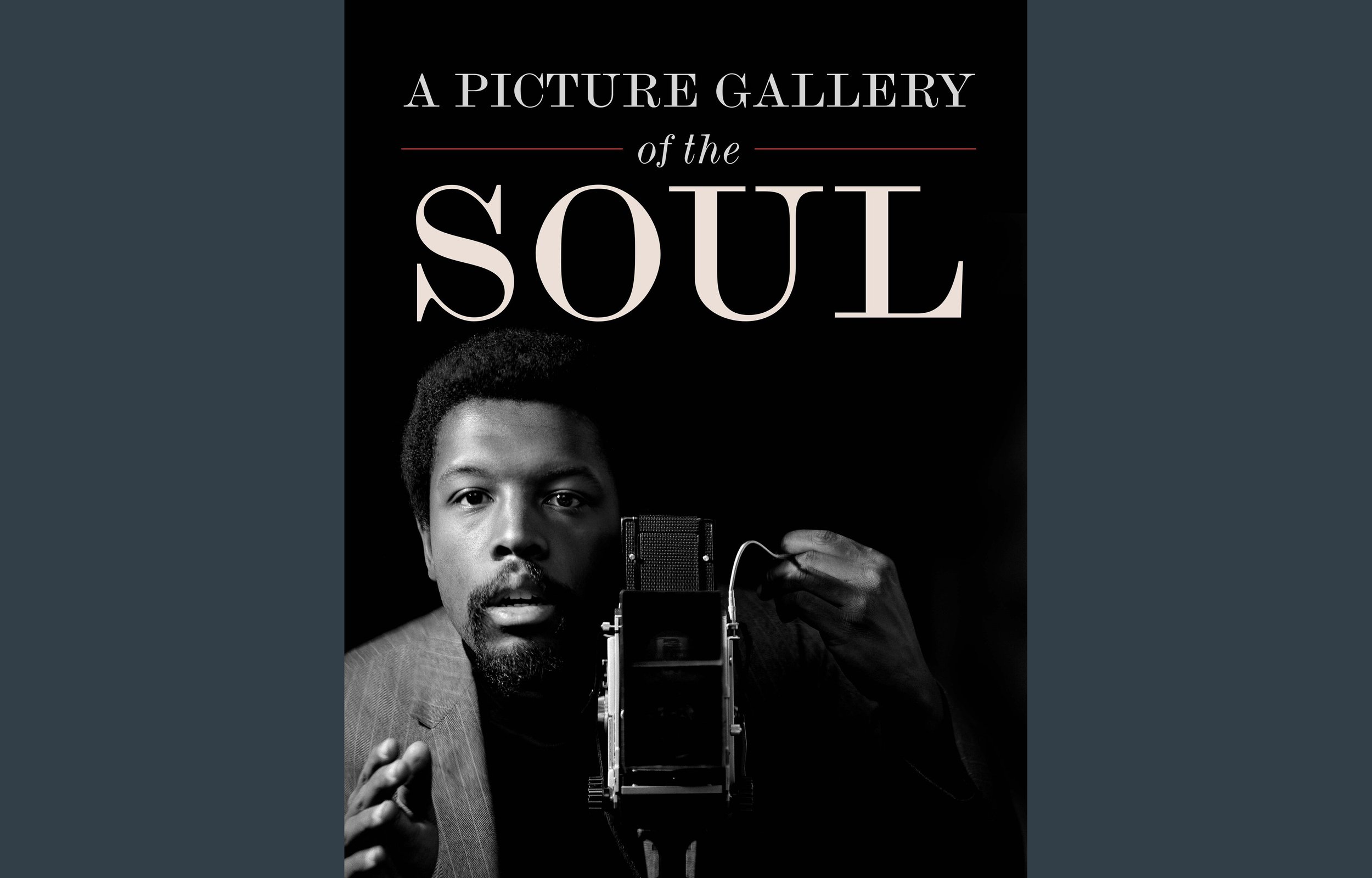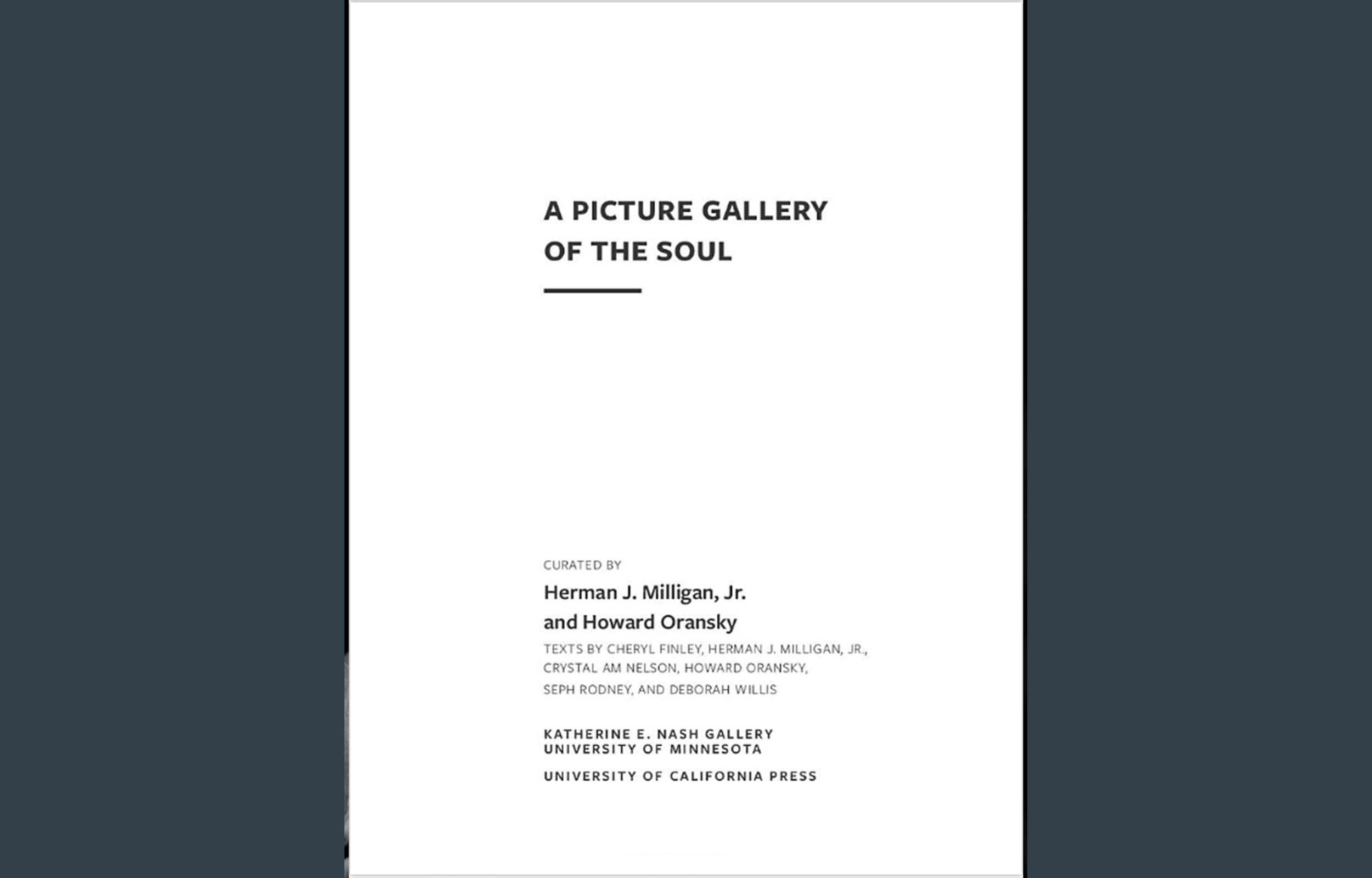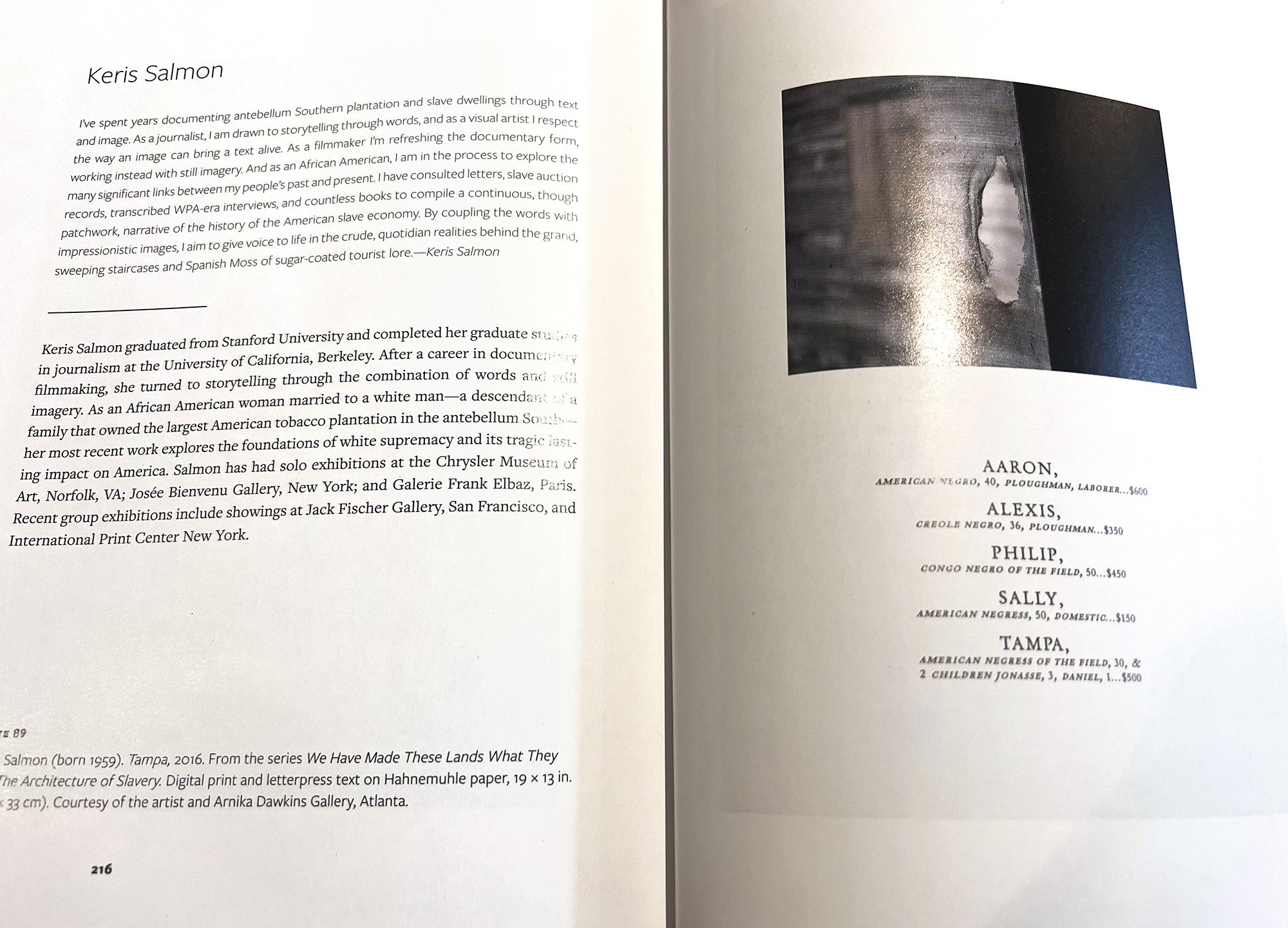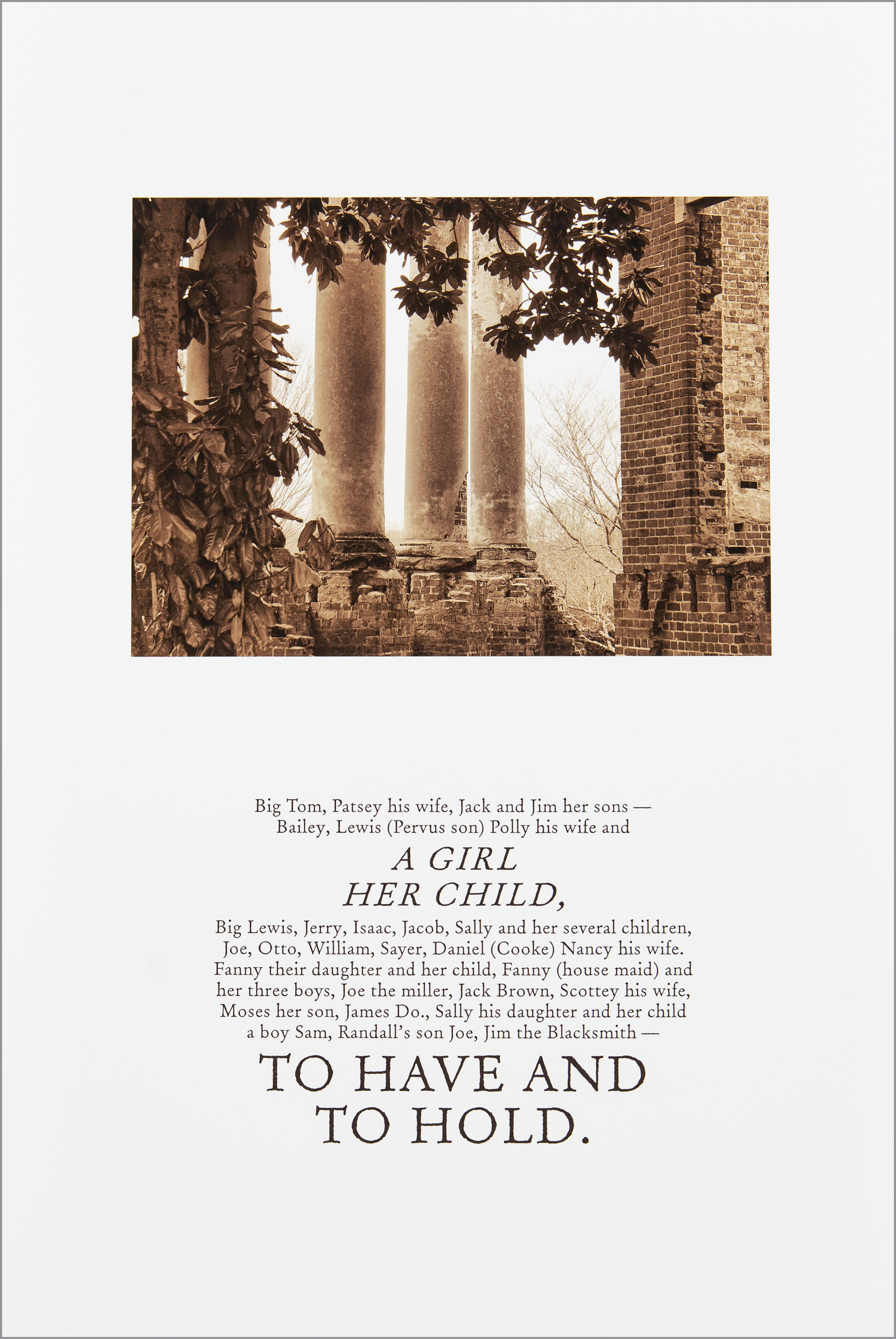The institution of slavery is the foundation for our modern American economy and fractured social and racial condition.
It cleared the ground for Jim Crow, the Great Migration, unequal education, redlining, the erosion of voting rights, mass incarceration and our current immigration policy, to name a few injustices. My project exposes these physical and metaphorical blueprints with the hope for a national reckoning.
As a multi-media storyteller, it’s important for me to present historical truths and frame them in contemporary contexts, to offer deeper understandings of our place in this nation. I’ve spent the past several years documenting ante-bellum southern plantations and slave dwellings through text and image. The resulting project is called, “We Have Made These Lands What They Are: The Architecture of Slavery.” As a journalist I am drawn to storytelling through words, and as a visual artist I respect the way an image can bring a text alive. As a filmmaker I’m refreshing the documentary form, working instead with still imagery. And as an African-American, I aim in my process to explore the many significant links between my peoples' past and present.
Read the full essay >
Keris’ work was included in an historic exhibition at Katherine E. Nash Gallery at the University of Minnesota. A Picture Gallery of the Soul, is the catalog for the group exhibition, which featured the work of over 100 Black American artists whose art incorporates the photographic medium.

AIPAD at the Armory
New York, April 25-28th
Selections from We Have Made These Lands What They Are are currently on view in Worlds in Process at Smith College Museum of Art. The entire series is on view in conjunction with A Long Arc: Photography and the American South Since 1845 — at the Addison Gallery of American Art, Phillips Academy, in their Museum Learning Center
“The juxtaposition — of placid, sometimes decrepit architecture and buoyant wildlife with these primary texts — is arresting.”
More From the Press >

My work over the past several years represents a multi-media artistic practice focusing on family histories and their links to the present.





